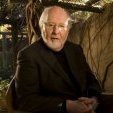Sign in to follow this
Followers
0

The Relativity of Happiness and the Contingency of Desires
By
Will, in Daoist Discussion

By
Will, in Daoist Discussion